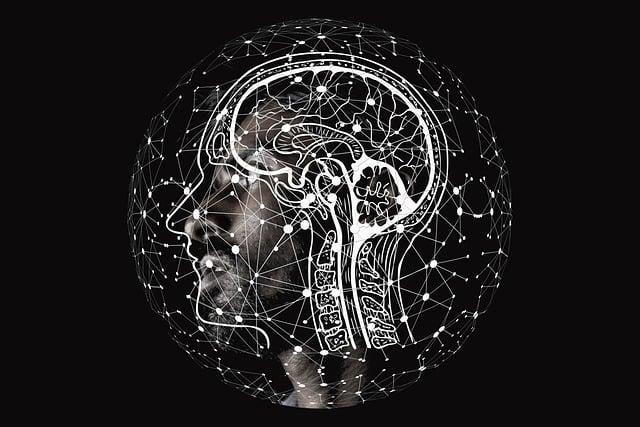Search intelligence is transforming how we interact with information, going beyond traditional keyword searches to deliver tailored, context-aware results. This evolving field leverages powerful tools like artificial intelligence (AI) and machine learning (ML) to unlock insights from vast datasets. In this article, we’ll explore the potential of search intelligence, focusing on its ability to enhance user experiences through personalization and relevance. We’ll also delve into ethical considerations and the future trajectory of this groundbreaking technology.
- Understanding Search Intelligence: Unlocking the Power of Data
- The Role of AI and Machine Learning in Search Intelligence
- Enhancing User Experience: Personalization and Relevance
- Ethical Considerations and the Future of Search Intelligence
Understanding Search Intelligence: Unlocking the Power of Data

Search intelligence, a powerful tool in today’s data-driven world, involves leveraging advanced analytics and machine learning to gain insights from vast amounts of search data. By understanding user queries, click patterns, and behavior, businesses can unlock valuable knowledge about their target audience. This data-driven approach allows companies to optimize their online presence, enhance customer experiences, and ultimately improve search engine rankings.
Unlocking the power of search intelligence means transforming raw data into actionable insights. It involves identifying trends, understanding user intent, and making informed decisions based on these insights. With effective search intelligence, businesses can tailor their content, refine marketing strategies, and stay ahead of the competition in a dynamic digital landscape.
The Role of AI and Machine Learning in Search Intelligence

In the realm of search intelligence, Artificial Intelligence (AI) and Machine Learning (ML) are revolutionizing how we interact with information. These technologies power sophisticated algorithms that understand user intent behind queries, enabling more precise and contextually relevant results. By analyzing vast amounts of data, including user behavior patterns, search history, and external web signals, AI-driven search systems can deliver personalized experiences tailored to individual preferences.
Machine learning models continuously learn from user interactions, improving search accuracy over time. They can identify complex patterns, detect semantic similarities, and even predict future trends in search queries. This not only enhances the relevance of search results but also facilitates the exploration of new insights and opportunities. In essence, AI and ML are transforming search intelligence into a dynamic, adaptive process, ensuring users gain access to the most up-to-date and valuable information available.
Enhancing User Experience: Personalization and Relevance

In today’s digital era, search intelligence is transforming user experiences by leveraging advanced algorithms and data analysis. Through personalization, search engines can deliver tailored results that resonate with individual preferences and behaviors. This means users are more likely to find relevant information quickly, enhancing satisfaction and fostering loyalty. By understanding user interests and patterns, search intelligence ensures that the online journey is seamless and efficient.
Relevance is key in this process. Personalized search results not only consider past queries but also predict future needs based on contextual cues. This level of customization goes beyond simple keyword matching, offering a more intuitive and engaging experience. As search intelligence evolves, users can expect even more precise and contextually appropriate outcomes, making online searches a productive and enjoyable activity.
Ethical Considerations and the Future of Search Intelligence

As search intelligence continues to evolve, it’s crucial to address ethical considerations. The ability to process vast amounts of data and provide personalized results raises concerns about privacy, bias, and the potential misuse of information. Developers and users must ensure that algorithms are fair, transparent, and accountable. This includes implementing measures to prevent discrimination based on factors like race, gender, or location, as well as guarding against the unauthorized collection or use of personal data.
Looking ahead, the future of search intelligence hinges on striking a delicate balance between innovation and ethics. Advances in artificial intelligence and machine learning can enhance our understanding of user needs and deliver more relevant search results. However, these technologies also require careful stewardship to prevent unintended consequences. By prioritizing ethical practices, we can harness the full potential of search intelligence while safeguarding individual rights and fostering a trustworthy digital environment.
Search intelligence is transforming how we interact with information, offering unparalleled personalization and relevance. By harnessing the power of AI and machine learning, search engines are becoming ever more sophisticated in understanding user intent and delivering tailored results. As we navigate an increasingly digital world, ethical considerations must guide the development of this technology to ensure it benefits all users equitably. The future of search intelligence promises not only enhanced user experiences but also a responsible and inclusive digital landscape.
